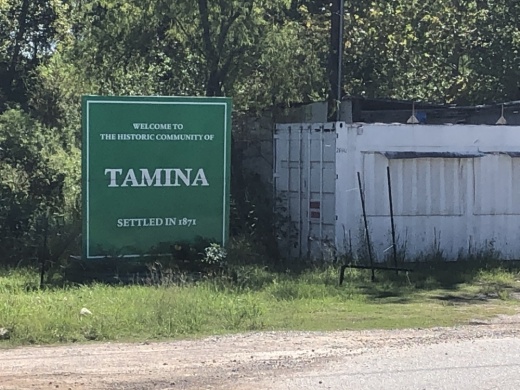The U.S. House of Representatives unanimously approved an amendment July 1 to include unincorporated communities as an eligible entity for federal drinking water and wastewater assistance under the INVEST in America Act, according to a news release from U.S. Rep. Dan Crenshaw, R-Houston.
Crenshaw said in the news release the amendment was intended to help improve water infrastructure for unincorporated communities such as Tamina, an unincorporated area in South Montgomery County.
"Tamina is a historically Black community, founded in 1871 and located right outside my district, which has lacked access to water for decades,” Crenshaw said in a news release. “We are talking access in the most basic of terms: access to wastewater treatment; drinking water; and reliable, consistent infrastructure that allows them to access clean water for things we all take for granted.
Crenshaw represents Texas’ 2nd Congressional District, which is entirely in Harris County, encompassing parts of northern and western Houston.
As previously reported by Community Impact Newspaper, the unincorporated community of Tamina has fought to receive basic water infrastructure for over 20 years. Without the amendment, Tamina would not have been able to receive any funding as part of this new program.
Rita Wiltz, founder of Tamina-based nonprofit Children’s Books on Wheels, which delivers free books to underserved children in the Montgomery County area, said she has seen Tamina struggle with poor infrastructure for years.
“I would like to see the Tamina community receive funds for flooding, ditches [and] sidewalks, that’s for sure,” Wiltz said. “Access to services the taxpayers have been paying for years. ... Our infrastructure has been at the top of the list.”
The INVEST in America Act passed in the House on July 1 and will go to the Senate next for consideration, according to information from Congress.
If passed by the Senate, the INVEST in America Act would dedicate $343 billion to roads, bridges and safety; $109 billion to transit; and $95 billion to passenger and freight rail. It would also commit $117 billion to drinking water infrastructure and over $51 billion to wastewater infrastructure, according to the legislation.





